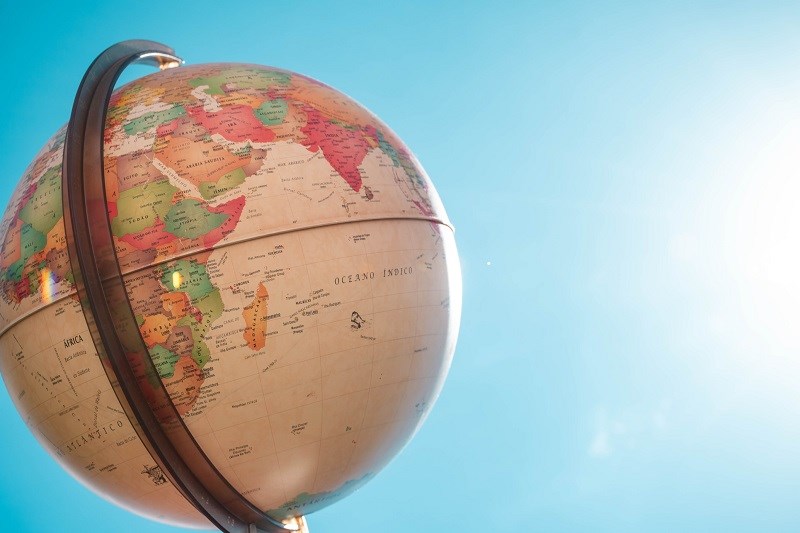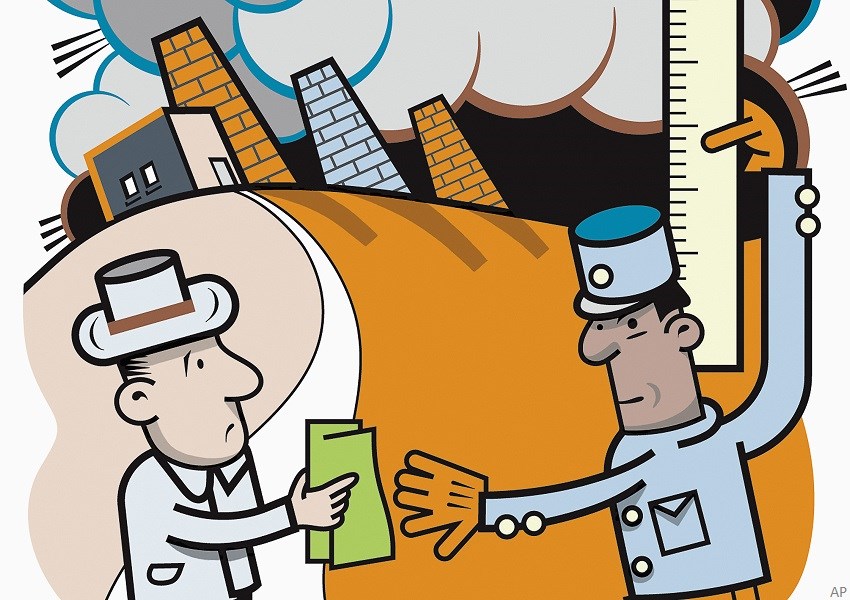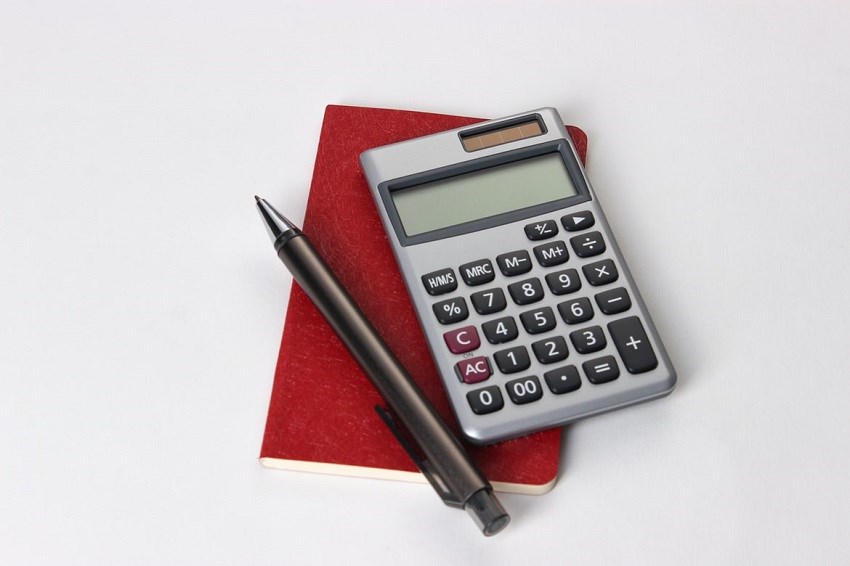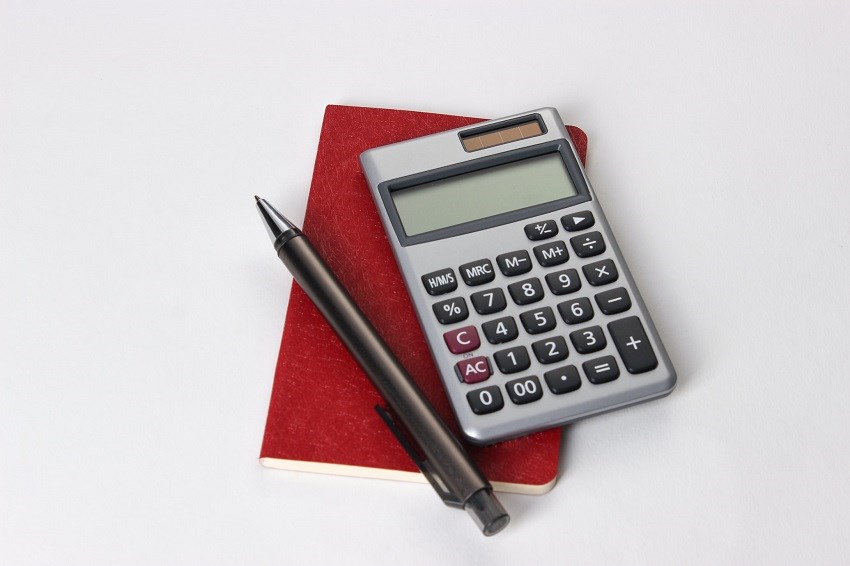
With the U.S. and its allies, including Canada, moving to freeze offshore assets of Russian oligarchs, this may be a good time for high net-worth individuals (HNWIs) to take another look at their unreported assets sheltered offshore.
It’s every Canadian’s legal obligation to disclose them to the CRA. Bear in mind, disclosure doesn’t necessarily equate to getting into trouble with tax authorities.
Many HNWIs in Canada have their assets tucked away in tax havens in the hope of keeping them out of the Canada Revenue Agency's (CRA) reach. Wealthy Canadians had more than $381 billion in tax havens at the end of 2019, the latest figures available, according to a Canadians for Tax Fairness report. These are, the report claims, just the numbers that corporations are reporting -- the tip of the iceberg. Canadian companies continue to park hundreds of billions worth of assets in offshore accounts.
There is nothing objectionable about owning foreign assets, so long as they're not kept hidden from Canadian tax authorities. Hiding these assets results in a considerable loss of tax revenue for the government. To tackle the problem, the CRA has ratcheted up enforcement and efforts to clamp down on those hiding their foreign assets. Now, with increased global cooperation between tax authorities as well as governments zeroing in on unreported investments, tax evaders may be running out of places to hide.
CRA’s Carrot and Stick Approach
With multiple measures in place, the CRA is taking a carrot-and-stick approach to make people come forward. On the one hand, they are securing international tax information exchange agreements on an ongoing basis. On the other, they are offering Canadians one last chance to voluntarily disclose their foreign investments before cracking the legal whip.
One of the assets the CRA's concerned about is Specified Foreign Property – such as funds in offshore banks, shares of foreign corporations, precious metal, real estate, and others – whose value exceeds $100,000. The message is clear: come clean and pay due taxes, or be prepared to face severe penalties, and possibly jail time. Make their disclosure voluntarily and avoid financial penalties, or worse.
Let’s explore some reasons it makes sense to disclose sooner rather than later.
International Co-operation on Tax Evasion
Countries worldwide are searching for revenue, and many are taking a closer look at tax affairs related to overseas investments. Many of these governments have joined forces to combat tax evasion.
As per the CRA website, Canada currently has 94 bilateral tax treaties, many more under negotiation, and 24 tax information exchange agreements in force. Additionally, it's a signatory to the Multilateral Competent Authority Agreement (MCAA), a globally coordinated arrangement to exchange financial account information. All this points to a greater need for transparency with regards to reporting overseas investments.
Incentives to Whistleblowers
As part of its crackdown on tax evaders, the CRA has introduced an incentive-based whistleblower initiative, the Offshore Tax Informant Program (OTIP). The federal agency has set up a telephone line for individuals willing to share credible information leading to offshore holdings worth at least $100,000. The tipster could get a fee of between five and 15% of the federal tax collected as a result of the tip.
Indeed, the program bore some results. Between its launch in January 2014 and at the end of March 2020, the CRA had received more than 1,641 calls, 808 written submissions and entered into 48 contracts with informants, under the OTIP program.
From a vindictive ex-spouse to a former business partner and a jealous neighbour, everyone is a potential informer who could blow the lid off your secret with just one phone call. Coming clean with the CRA of your own volition may be the safest way to eliminate that risk and avoid sleepless nights.
There’s a Voluntary Disclosure Program
The CRA's Voluntary Disclosure Program (VDP) gives you a once-in-a-life time opportunity to make a clean breast of your omissions and get a lenient tax treatment.
If you owned offshore assets prior to the current year and did not properly disclose them, then consider making a submission under the Voluntary Disclosure Program. The taxpayer must pay back taxes and interest, but the program may reduce or waive penalties.
More importantly, coming forward voluntarily may avoid any potential criminal prosecution for tax evasion.
Death AND Taxes, Not Death OR Taxes
You can't keep ignoring your tax liability around your foreign assets in the hope your tax troubles will go away. They won't. In fact, if you die owning unreported foreign assets, your survivors could be on the hook for unpaid taxes. By making a voluntary disclosure, you not only clean up your affairs but also ensure your family members or estate trustees won't have to deal with them after you’re gone.
The CRA will assess the estate for back taxes, interest, and penalties.
Conclusion: Confess and Cough-up
The new measures to catch offshore tax-evaders are said to have led to an increased number of voluntary disclosures. New international information exchange agreements, in particular, could spell the demise of secrecy around offshore assets. All this points to the likelihood that soon the CRA may no longer need to offer taxpayers incentives to disclose their offshore assets.
There's no better time than now, therefore, to fix errors or omissions and clean up your tax affairs, before the door closes on you. Consult tax specialists and/or financial advisors to determine the best course of action.




















